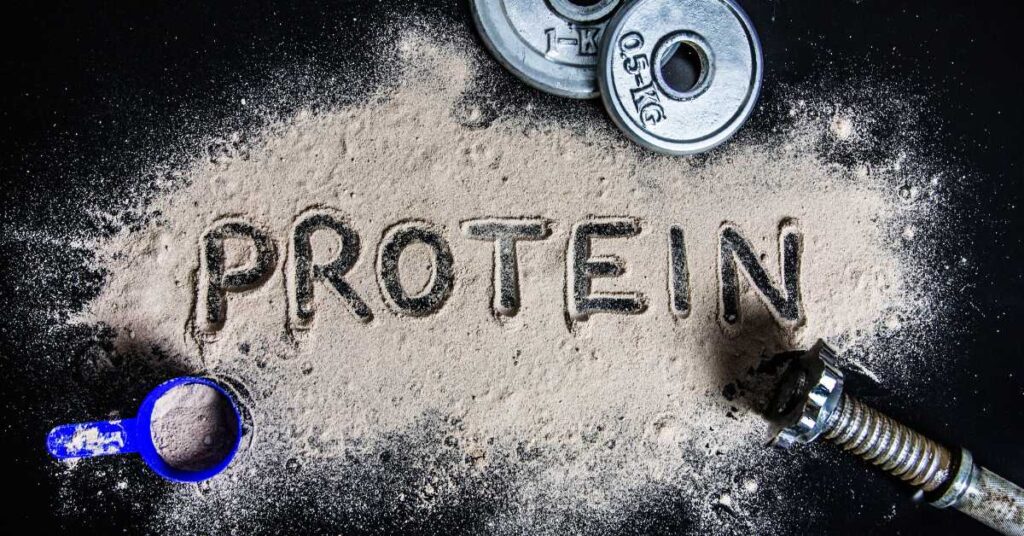Introduction
Competitive sports come with a certain degree of pressure. Athletes face expectations, intense competition, and high-stakes moments that can challenge their mental fortitude. However, with the right strategies, athletes can learn to manage pressure effectively and perform at their best. In this article, we will explore various strategies that athletes can employ to deal with pressure and navigate the competitive landscape. By implementing these techniques, athletes can enhance their performance, maintain mental well-being, and thrive in high-pressure situations.
Understanding Pressure and Competition
Pressure in sports refers to the psychological stress that arises from the expectations and demands of competitive situations. It can manifest as performance anxiety, fear of failure, or the pressure to meet specific standards. Competition, on the other hand, fuels the intensity of pressure by pitting athletes against each other in pursuit of victory.
Developing a Strong Mental Foundation
Building a strong mental foundation is essential for athletes to cope with pressure. Confidence and self-belief play a crucial role in managing pressure effectively. By cultivating a growth mindset that focuses on personal growth and learning, athletes can approach challenges with a positive and resilient mindset.
Setting Realistic Expectations
Setting realistic expectations helps athletes avoid excessive pressure and maintain a healthy perspective. By setting specific and achievable goals, athletes can shift their focus from outcome-based expectations to performance-based goals. This shift allows athletes to concentrate on their efforts, improvements, and personal progress rather than solely fixating on winning.
Preparation and Training
Effective preparation and structured training provide athletes with a sense of readiness and confidence. Establishing a consistent training routine helps athletes develop a sense of familiarity and control over their performance. Additionally, incorporating visualization and mental rehearsal techniques into training can enhance mental preparedness for high-pressure situations.
Stress Management Techniques
Stress management techniques are valuable tools for athletes to employ when facing pressure. Deep breathing exercises, progressive muscle relaxation, and visualization can help athletes relax their bodies and calm their minds. Positive self-talk and affirmation techniques can also counteract negative thoughts and bolster confidence in challenging moments.
Maintaining Focus and Concentration
Maintaining focus and concentration is crucial in high-pressure situations. Developing pre-performance routines helps athletes create a structured mental and physical preparation regimen. Additionally, practicing mindfulness and attentional control techniques allows athletes to stay present, block out distractions, and maintain focus on the task at hand.
Utilizing Performance Enhancement Tools
Sports psychology techniques can be valuable resources for athletes in managing pressure. Mental imagery and visualization exercises help athletes mentally rehearse successful performances, boost confidence, and familiarize themselves with high-pressure scenarios. Techniques such as cognitive reframing and goal-setting further support athletes in optimizing their mental state for competition.
Building a Support System
Having a strong support system is invaluable for athletes dealing with pressure and competition. Surrounding oneself with a supportive network of teammates, coaches, friends, and family can provide encouragement, guidance, and perspective. Seeking mentorship from experienced athletes or coaches who have navigated similar situations can offer valuable insights and strategies.
Embracing the Challenge
Shifting perspective and embracing the challenges inherent in competition can help athletes thrive under pressure. Viewing competition as an opportunity for growth, learning, and self-improvement empowers athletes to approach high-pressure situations with enthusiasm and a sense of adventure. Adversity becomes a chance to develop character, resilience, and mental strength.
Developing Resilience
Resilience is a vital attribute for athletes to cultivate in the face of pressure and competition. Learning from setbacks and failures allows athletes to adapt, grow, and bounce back stronger. Building emotional regulation and coping skills equips athletes with the tools to manage stress, setbacks, and unexpected challenges effectively.
Self-Care and Well-being
Prioritizing self-care and overall well-being is crucial for athletes to thrive under pressure. Adequate rest, recovery, and nutrition support physical and mental resilience. Engaging in activities outside of sports, nurturing relationships, and finding balance contribute to athletes’ overall well-being, providing a solid foundation for managing pressure.
Frequently Asked Questions (FAQs)
Q1: How can I overcome pre-competition nerves and anxiety?
There are several techniques to manage pre-competition nerves and anxiety. Deep breathing exercises, visualization, positive self-talk, and establishing a pre-performance routine can help calm the mind and body. It’s also important to focus on the process rather than the outcome and trust in your preparation.
Q2: What can I do to stay focused during high-pressure moments?
To stay focused during high-pressure moments, establish a pre-performance routine that includes mental preparation techniques such as visualization and mindfulness. Practice blocking out distractions, maintain a positive mindset, and utilize techniques like attentional control and centering.
Q3: Are there specific techniques for managing pressure in team sports?
In team sports, communication and collaboration with teammates are key. Establishing clear roles and responsibilities, maintaining open lines of communication, and building trust within the team can help distribute and manage pressure effectively. Additionally, individual stress management techniques, such as relaxation exercises, can benefit athletes in team settings.
Q4: Can mental preparation help in dealing with intense competition?
Yes, mental preparation is crucial for dealing with intense competition. Techniques like visualization, mental imagery, and goal-setting can help athletes mentally rehearse and prepare for high-pressure situations. Building a strong mental foundation and cultivating resilience through mental training contribute to athletes’ ability to perform under intense competition.
Q5: How do I bounce back from a disappointing performance?
Bouncing back from a disappointing performance requires resilience and self-reflection. Acknowledge and accept the disappointment, but avoid dwelling on it. Focus on the lessons learned, identify areas for improvement, and create an action plan moving forward. Seek support from coaches, mentors, and teammates to regain confidence and motivation.
In conclusion, managing pressure and competition is a critical skill for athletes to develop. By employing strategies such as building a strong mental foundation, setting realistic expectations, effective preparation and training, stress management techniques, maintaining focus and concentration, utilizing performance enhancement tools, building a support system, embracing challenges, developing resilience, and prioritizing self-care, athletes can navigate high-pressure situations with confidence and perform at their best. Remember, the journey to mastering pressure management is an ongoing process, and with consistent practice and implementation of these strategies, athletes can thrive in the face of intense competition.







